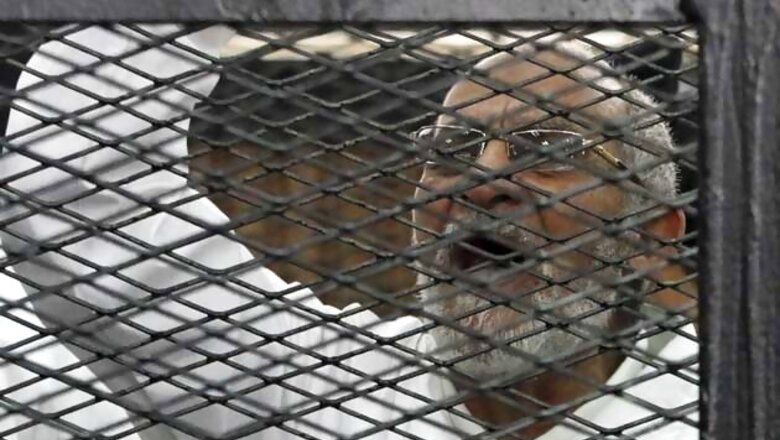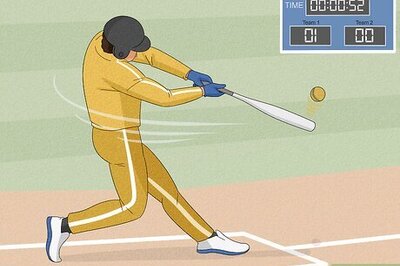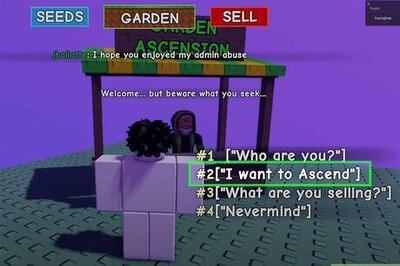
views
The leader of Egypt's outlawed Muslim Brotherhood and 682 others went on trial on Tuesday on charges including murder, their lawyer said, a day after more than 500 supporters of deposed Islamist president Mohamed Mursi were sentenced to death.
Brotherhood Supreme Guide Mohamed Badie, 70, and the others were being tried in the same court in Minya Province that condemned 529 members of the Islamist group to death, in what rights groups said was the biggest mass death sentence handed out in Egypt's modern history.
The United Nations human rights office said on Tuesday the mass death sentences contravened international law, and voiced concern for others facing the same charges. The European Union and the United States also criticised the ruling.
The army has cracked down hard on the Brotherhood since it toppled Mursi, Egypt's first freely elected president, in July.
In August, security forces killed hundreds of Brotherhood supporters who staged a long sit-in to demand Mursi's reinstatement. Thousands of others were arrested and top leaders, including Mursi himself, are also on trial.
Defence lawyers boycotted Tuesday's court session - attended by 60 of the defendants - after complaining of irregularities.
"We refrained from attending ... because the judge has violated criminal law procedures and did not allow the (lawyers) to present their defence," Adel Ali, a member of the defence team, told Reuters.
He said that 77 of the defendants were in custody while the rest had either been released on bail or were on the run. A government spokesman declined to comment, saying the case is too sensitive.
The mass trials will ratchet up tensions and could trigger more violence in the biggest Arab state, which has been dogged by political upheaval since a popular uprising backed by the army toppled veteran leader Hosni Mubarak's fall in 2011.
An Islamist alliance which includes the Brotherhood has urged Egyptians to take to the streets in politically sensitive areas of Cairo to protest against the mass trials, despite severe restrictions having been imposed on demonstrations.
The sites include the Rabaa al-Adawiya mosque, scene of one of two pro-Mursi protest camps and Tahrir Square, the symbolic heart of the revolt against Mubarak.
Islamist militants in Sinai near Israel's border have stepped up attacks against police and soldiers since Mursi was deposed and Field Marshal Abdel Fattah al-Sisi installed an army-backed government.
Hundreds have been killed and the insurgency is spreading across the country, with shootings, suicide bombings and assassinations of senior Interior Ministry officials.
The Brotherhood, believed to number about one million in a population of 85 million and which has won most elections since Mubarak's ouster in 2011, has been declared a "terrorist" group by the government. It says it is committed to peaceful activism.
Although the Brotherhood has been squeezed hard by the state, history suggests it will survive. The group has endured state repression for decades.




















Comments
0 comment